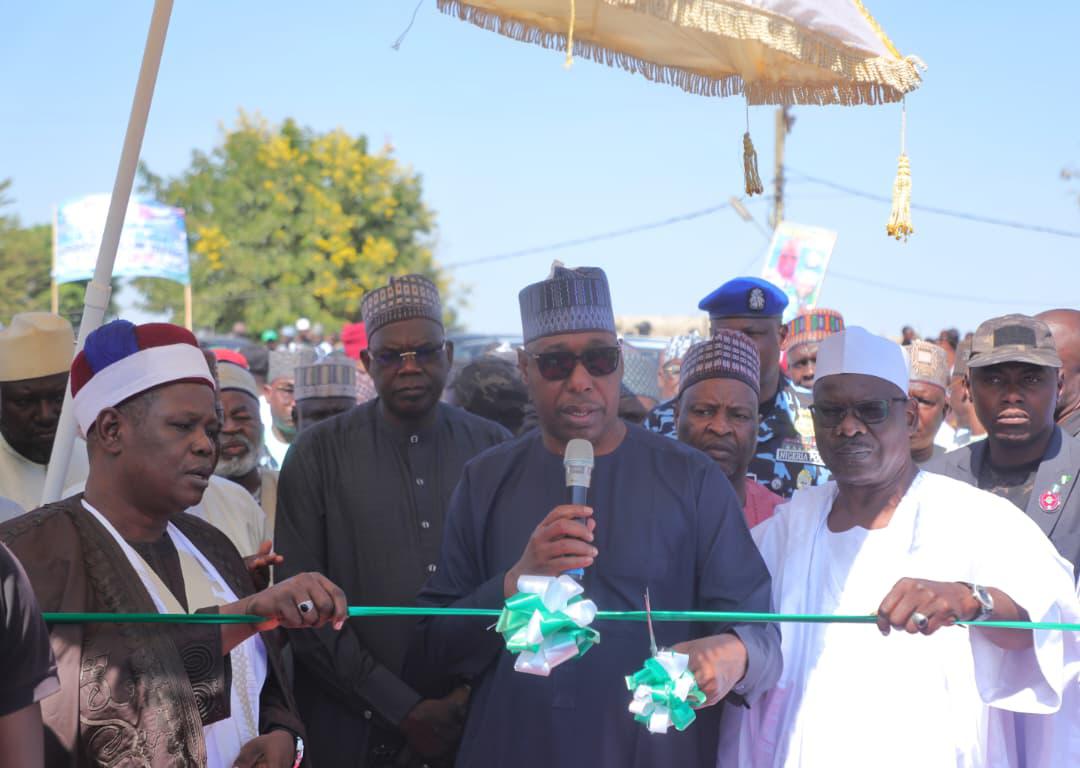
Private school operators may be grappling with a groundswell of challenges in their operational environments, but the recent removal of subsidy from Premium Motor Spirit (PMS), better known as petrol, by the Federal Government, has certainly added to their burden.
With constant power outage placing tops among niggling problems faced by these education providers, last week’s jerking up of the pump price of fuel from N86. 50, to N145. 00 certainly makes their case worse since they still have to buy the product to power their schools.
As a matter of fact, many school owners say they find it difficult coping with the additional energy cost thrust on them by the government, just as they expressed disappointment at the difficulty in getting the product, even after subsidy was removed.
Overall, they fear that some of the cost-cutting measures, which may be resorted to may, in one way or the other negatively impact scholarship in the schools.
According to the proprietor of St. Wisdom Private School, Amuwo Odofin, Festac Town, Lagos, Mr. James Etti, the policy directive “means we have to also increase our tuition fee as well. If not, we won’t be able to run our school buses from Monday to Friday.
He added, “With the current economic hardship, it is obvious that the prices of items would definitely double in the markets. The person who supplies my school fabrics for uniforms has now doubled the price, and you can imagine how much we will sell the school uniforms to parents.
“Before the subsidy removal, our school bus driver had to pass the night at filling stations just to get the product to enable him pick up our students. But even up till now, fuel is not everywhere,” he lamented.
Proprietor of Luciana College, along Badagry Expressway Lagos, Mrs. Kelly Odama, is of the view that the government’s action was anti people as parents and pupils daily spending would skyrocket.
According to her, “This increment in the pump price of fuel suggests to me that the government is not working in favour of the masses. This is because whenever anything affects fuel price, every other aspect of our lives is impacted upon negatively. Here, at Luciana College, we have decided that the school’s power generating plant will henceforth be used twice weekly to enable students carryout laboratory and computer practical classes.
She continued, “Paying high price for fuel, and using less of it in schools would affect the provision of standard education in the country. Since Nigeria is known more as a consuming nation than a producing nation, the few industries in the country will face a daunting challenge staying in business as the cost of production will go up and demand will drop.”
Director of Affairs, Promise land Nursery and Primary School, Egbe, Lagos, Mr. Adetunji Makonju, is lamenting that within a twinkle of an eye, the prices of school consumables have doubled, and this is “an indication of how fuel has disturbed everything in the country.”
“Daily, we buy 20 to 30 litres of fuel to run the entire school, and this was before the increment because we need to keep the fans rolling for our pupils. Now that petrol is N145, 00 per litre, it translates to more running cost for us. So, the fuel price increase will, in no time translate to increased tuition fees because we have to keep up with standard,” Makonju stated.
Saint Francis Catholic Secondary School, Idimu, Lagos State, uses diverse sources of power to run the school. According to its administrator, Reverend Fr. Chikere Uguwanyi, “Right now, I do not know the source of power that is supplying light to my office because we have different sources of power to run both the boarding and day school. We use diesel, petrol, solar power, inverters and electric lamps to run things in the school. So, fuel hike does not have an adverse effect on us. We invest in solar and inverters as alternatives to cut the cost of fuel consumption.”
The school administrator, however, urged the Federal Government to retain fuel subsidy while effecting a major turnaround on the country’s refineries and building of new ones. “But fuel subsidy should be removed a soon as these new refineries are commissioned.”






